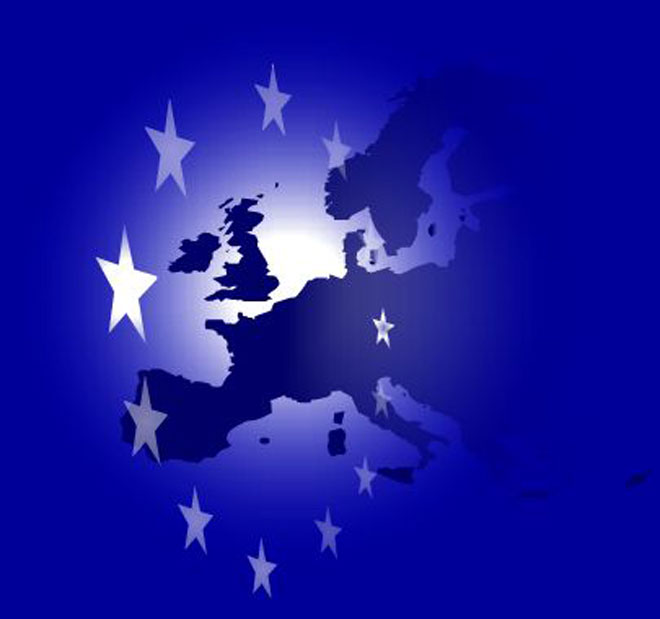European lorries could be required to pay extra fees for air and noise pollution, on top of existing road charges, under a deal reached by European Union transport ministers Friday, reported dpa.
The agreement on the so-called Eurovignette breaks a long-standing deadlock. It revises existing EU rules approved in 1999, is an attempt to extend the "polluter pays" principle to the road haulage sector, in a bid to encourage greener forms of transport, such as freight rail.
"These new rules send the right signals to operators. The aim is to incentivize a shift in behaviour," the EU's transport commissioner Siim Kallas said in a statement.
Under the deal reached in Luxembourg, EU states that wish to do so may add an extra 3-4 euro cents (4-5 dollar cents) to current motorway toll rates for lorries, which oscillate between 15 and 25 euro cents.
However, sops were thrown at countries such as Italy and Spain, which argued against slapping extra charges on road hauliers at a time of economic crisis.
Hence, EU states may temporarily exempt medium-sized and low- polluting lorries from the extra charges. And a requirement to earmark the revenue from them towards "green transport" was scrapped.
In a bid to ease congestion, the directive also allows tolls to be hiked by up to 175 per cent of the normal rate in peak hours, as long as a corresponding reduction is applied in off-peak periods.
While Friday's agreement was described as a diplomatic breakthrough, the new rules still have to be agreed by the European Parliament, and any changes voted by the assembly would subsequently have to be endorsed by EU ministers.
That means that at least two years are expected to pass before the new Eurovignette is implemented. Its provisions concern only 11 EU states - Portugal, Spain, Ireland, France, Germany, Austria, Italy, Slovenia, the Czech Republic, Slovakia and Greece, with Poland and Hungary expected to join the scheme later.
Another EU group - Belgium, Luxembourg, the Netherlands, Denmark and Sweden - runs a separate scheme, which is confusingly also called "Eurovignette," while others either have national road toll schemes - such as Bulgaria and Romania - or apply to charges at all, like Britain and Finland.






